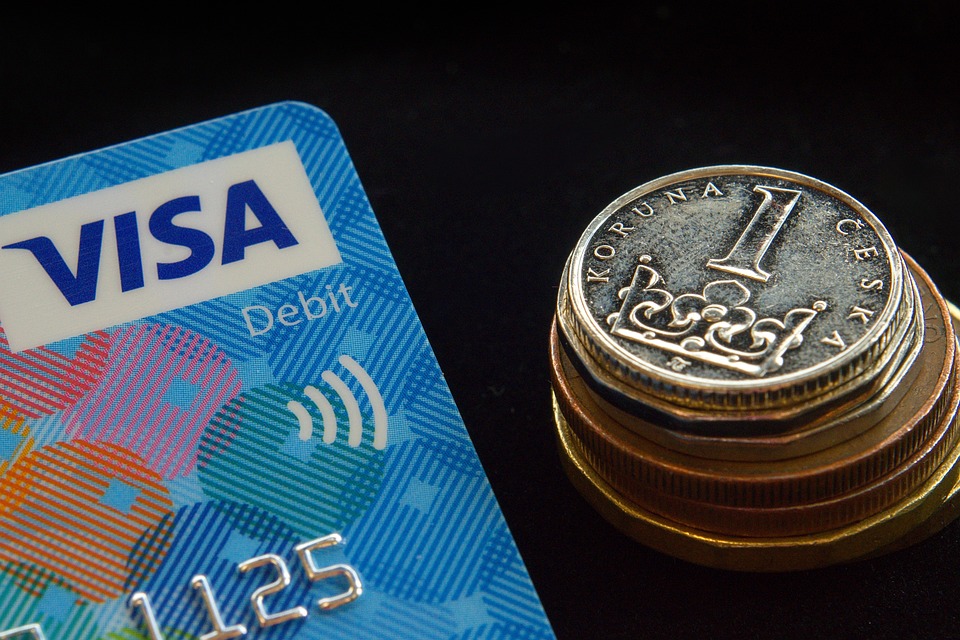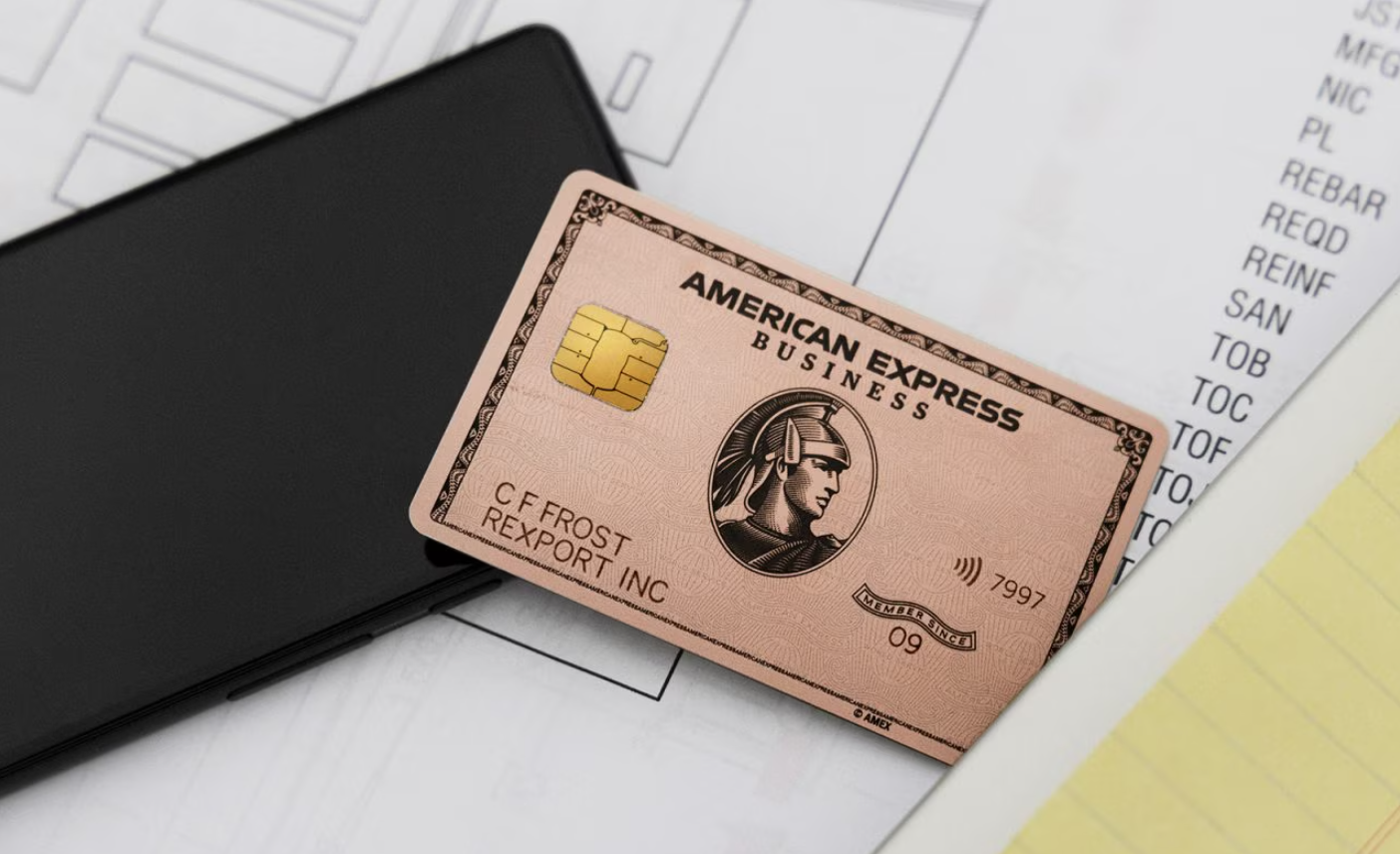In today’s world, credit scores play a significant role in determining an individual’s financial future. From purchasing a home to obtaining a car loan, credit scores can impact a person’s ability to secure credit and the terms they are offered. As such, keeping a good credit score is essential for financial stability and success.
Traditionally, credit scores have been calculated using models like the FICO score, which evaluates an individual’s credit history and assigns a three-digit number that reflects their creditworthiness. This number is used by lenders to determine whether or not a person is approved for credit and at what interest rate.
However, in recent years, there has been a shift towards developing new credit scoring models that take into account alternative data points beyond just credit history. These alternative data points can include factors like employment status, bank account information, and even social media activity.
The rise of alternative data in credit scoring models has the potential to revolutionize the way credit cards are approved. By incorporating a wider range of factors into the scoring process, these new models could provide a more holistic view of a person’s financial situation and creditworthiness.
For example, individuals who have a thin credit file due to limited credit history or those who have had a financial setback in the past may benefit from alternative data being considered in their credit score. By looking at additional data points, lenders can make more informed decisions about who is a good candidate for credit, ultimately expanding access to credit for a larger pool of individuals.
Furthermore, these new credit scoring models could also help to combat biases and discrimination in the credit approval process. By using a more diverse set of data points, lenders can avoid relying solely on traditional credit history, which may not accurately reflect a person’s ability to repay a loan.
However, there are also potential drawbacks to consider with the use of alternative data in credit scoring models. Privacy concerns have been raised about the collection and use of sensitive personal information, such as social media data, in determining credit scores. There is also the risk of introducing new forms of bias if not carefully monitored and regulated.
In conclusion, the future of credit scores is evolving, with new models incorporating alternative data points to provide a more comprehensive assessment of a person’s creditworthiness. While these new models have the potential to expand access to credit and improve the accuracy of credit decisions, they also come with challenges that must be addressed. As the industry continues to innovate, it will be important for policymakers, lenders, and consumers to work together to ensure that credit scoring models are fair, transparent, and effective in helping individuals achieve their financial goals.
Publisher: Source link











